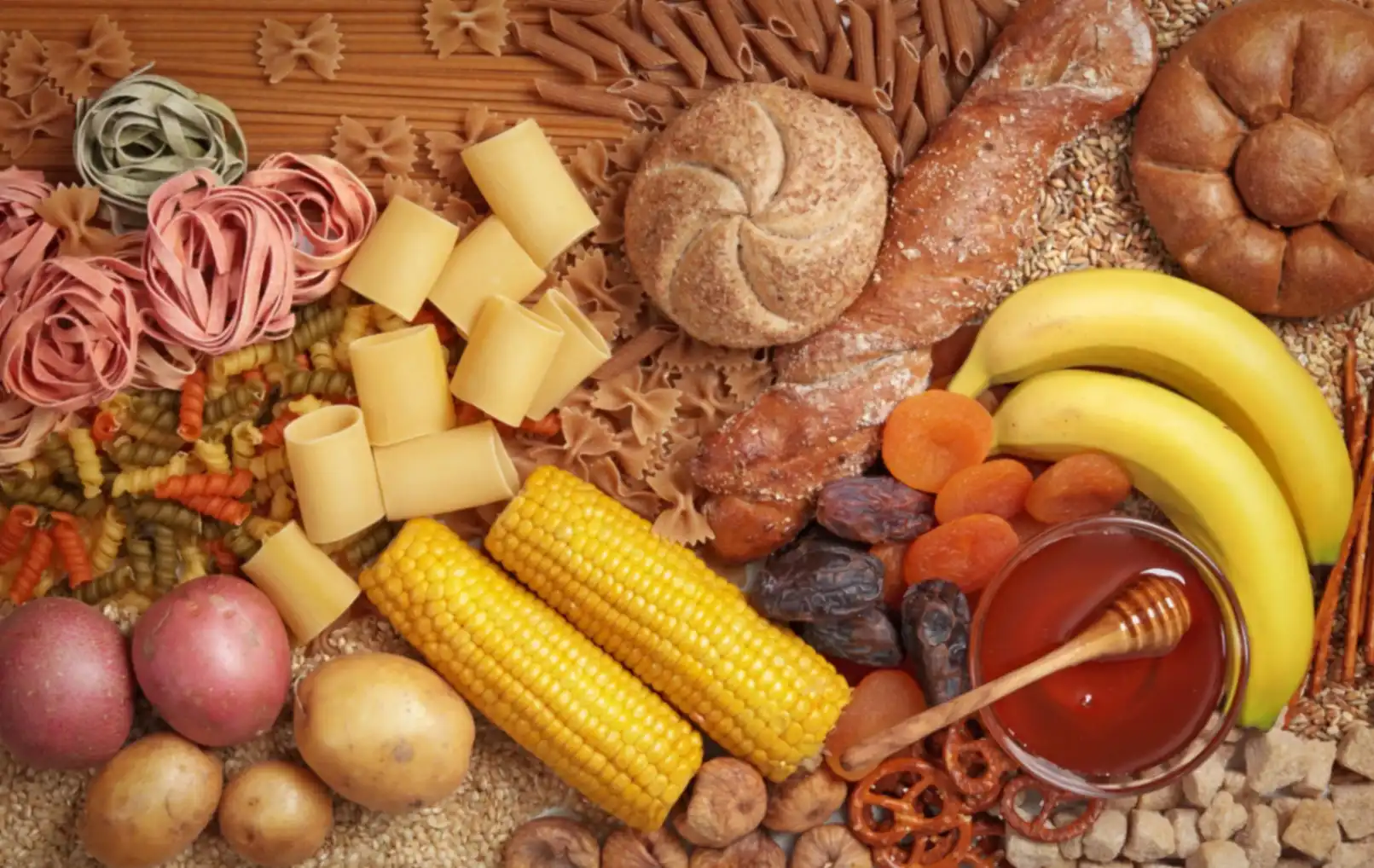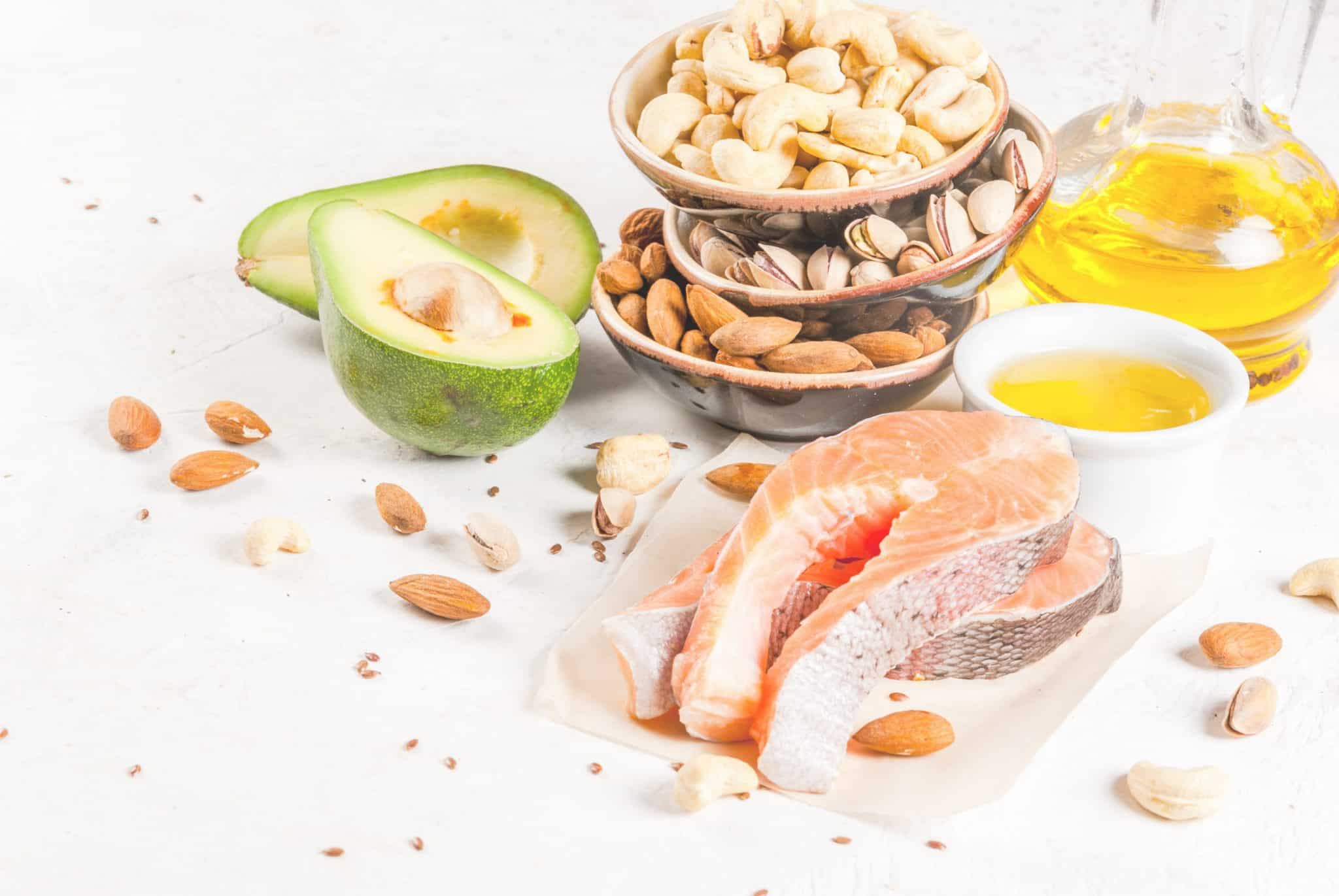icon
For a junior athlete to perform their best, eating patterns should be considered for their exercise participation while also meeting their requirements for growth and development. Food and fluid consumed by athletes of all ages can have a big impact on their ability to train, compete and recover and while nutritional needs vary from person to person there are important nutrients to be aware of which will be discussed below. Instilling good dietary habits at a young age promotes general health and wellbeing while junior athletes age both in and out of the sporting arena.
Carbohydrates
Carbohydrates are the preferred fuel source for muscles and is the only fuel your brain can use (to help with concentration and memory). These foods should be included at regular intervals throughout the day to help keep blood sugar levels consistent, improve concentration and provide energy to working muscles. The best carbohydrate containing foods for junior athletes includes wholegrain breads and cereals, pasta, rice, starchy vegetables, nut based muesli bars, fruit, milk and yoghurt. On more exercise intense days, it can be ideal to add some additional carbohydrates into the day to help match energy requirements, just as intake can be reduced on less active days.
Protein
Protein is essential for growth and development and should also be consumed regularly throughout the day in both main meals and snacks. This helps athletes build and maintain muscle mass, repair damaged muscles and support your immune system. Foods that provide protein include meat, seafood and eggs, dairy foods, legumes, nuts and seeds. While there are various protein supplements on the market, they are not recommended for junior athletes. While athletes do have high protein requirements than more desenatry individuals, most Australian’s already exceed their protein needs through their normal eating habits.
Fats
Everyone requires small amounts of fat in their diet for normal growth and development. However the type of fat is important. Saturated fats should be limited and are sometimes foods that are found in foods such as processed meats, deep fried take away, pastries, ice cream, chips and chocolate. The best sources of fat are unsaturated sources such as olive oil, avocado, nuts, seeds and oily fish and should be included and can help meet energy requirements due to their greater energy content per gram when compared to protein and carbohydrates.
Iron
Iron is an important nutrient as it helps transport oxygen around the body as well as supporting a healthy immune system therefore regular consumption of iron containing foods are important. Iron is found in red meat, tuna, tofu, eggs, green leafy vegetables and many bread and cereals that have been fortified with iron. To help the body absorb iron it is recommended to have a food containing vitamin C with it such as citrus foods, berries or green leafy vegetables.
Calcium
Calcium is important for healthy bones so it is recommended to include calcium rich foods into the diet regularly. Calcium is found in dairy foods, canned fish with edible bones, green leafy vegetables, nuts and seeds. For those who cannot consume dairy products and use substitutes for example soy or almond milk, be sure you get one that is fortified with calcium.
Zinc
Zinc plays an important role in hormone development and function, immunity, reducing muscle soreness, and promoting healthy growth in junior athletes. Good sources of zinc in the diet come from red meat, oysters, poultry, cashews and spinach. Zinc, like all other micronutrients do not require supplementation unless you have been diagnosed by a healthcare professional and undertaken a blood test. So always seek help before supplementing.
Fluid
It is important to be well hydrated before starting exercise, especially when playing in hot environments. On all days, not just active ones it is important to sip on water regularly from the moment you wake up. When it comes to the type of fluid, water is always best, however additional drinks such as sports rinks can be used when exercise is of high intensity and over 60 minutes in duration. Milk and juice can also be a good way to get fluids in especially around exercise, however fruit juice and sports drinks are not recommended as an everyday drink.
Parents/carers play such a vital role in the health of their children and should also be applauded for all the time they spend taking their children to and from games and training sessions as well as purchasing and preparing the majority of the food they eat. Therefore it is important for parents/carers to be aware of the importance of nutrition in young athletes. Parents tend to know their children best, and at times might pick up on changes their children are unaware of. If your child is regularly appearing fatigued, unwell or injured it can be worth seeking tailored advice from a trained health professional to help ensure that junior athletes can keep up with high training loads while supporting their general health, growth and development.
Find out more about our nutrition services here.
Book an appointment at Coast Sport by calling 4356 24588 or book online via the button below.










 Helping the Central Coast Feel Well, Move Well and Perform Well!
Helping the Central Coast Feel Well, Move Well and Perform Well!